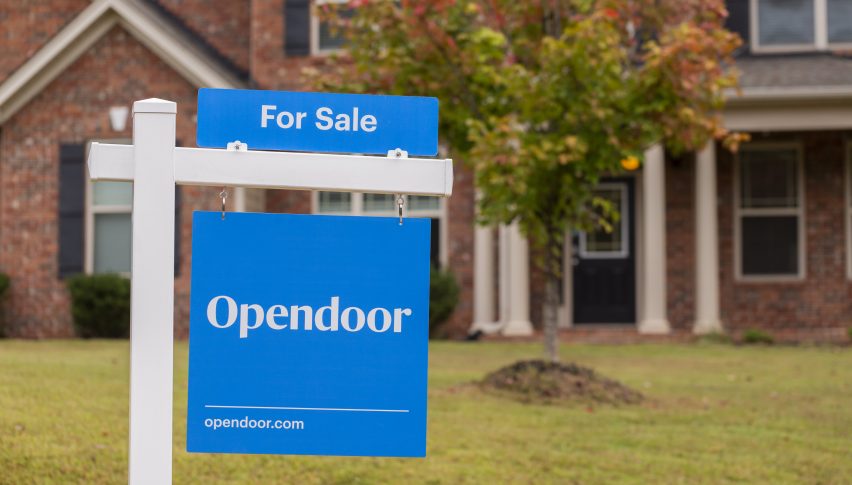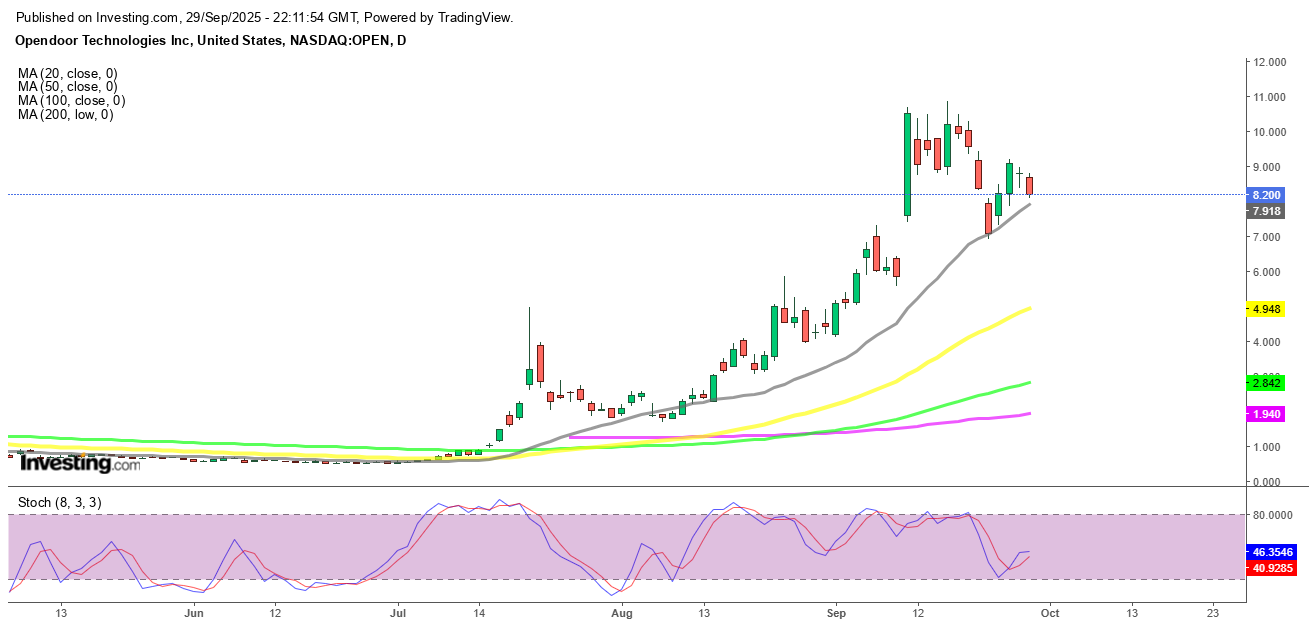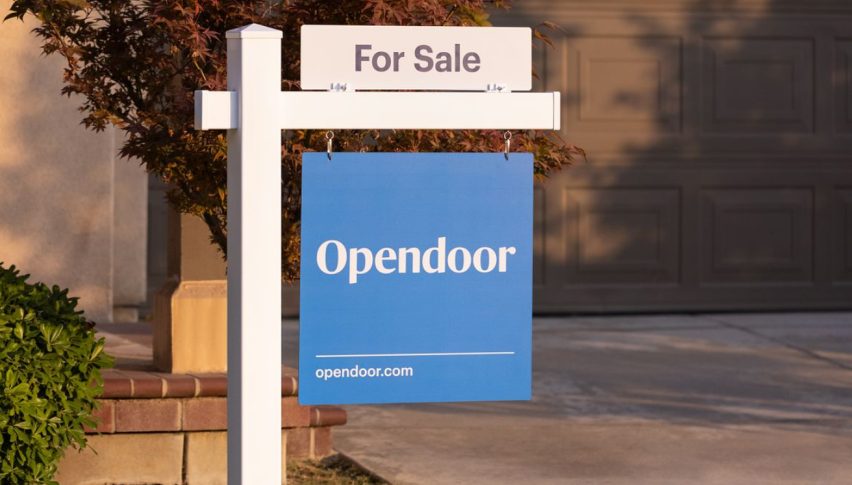OPEN Stock at Crossroads after Q4 Pre-Earnings: Can Opendoor Survive the Fall?
Opendoor Technologies' incredible surge, which began this summer, is currently in jeopardy due to a combination of insider selling, poor...

Quick overview
- Opendoor Technologies has experienced a dramatic stock rise of over 2,000% this summer, but recent weak earnings and insider selling have raised concerns about its sustainability.
- The company reported a quarterly revenue of $5.15 billion but continues to struggle with profitability, showing a net loss margin of -5.89%.
- Leadership changes, including the return of co-founder Keith Rabois as board chair, aim to restore investor confidence amid ongoing market challenges.
- External pressures from high interest rates and aggressive short-selling have compounded Opendoor's difficulties, although potential interest rate cuts could improve market conditions.
Opendoor Technologies’ incredible surge, which began this summer, is currently in jeopardy due to a combination of insider selling, poor earnings, and growing short bets.
A Stunning Rise Meets a Harsh Pullback
Opendoor Technologies (NASDAQ: OPEN) has had one of the most dramatic stock market journeys of 2025. From collapsing to just $0.50 in June, shares skyrocketed by over 2,000%, touching $10.85 last week—their highest level in more than three years. This rally was driven largely by a surge of retail investor enthusiasm on social media forums, which at one point nearly doubled the stock’s value within a single week.
However, Monday brought a sharp reversal. Following a weaker-than-expected earnings report, shares fell 7% to $8.15, marking a fresh test for the sustainability of the summer rally.
Technical Outlook: Testing Key Support
Financial Struggles Beneath the Surface
Opendoor’s latest financial figures reveal a company still wrestling with fundamental challenges. Quarterly revenue reached $5.15 billion, but profitability remains elusive with an 8.1% gross margin, a net loss margin of –5.89%, and an EBIT margin of –4.6%. The company’s total debt-to-equity ratio of 3.46 underscores a heavy debt burden, while its return on equity (–39.35%) and return on capital (–26.93%) highlight ongoing inefficiencies in capital deployment.
Despite generating nearly $1.57 billion in quarterly revenue, Opendoor reported an operating loss of $13 million, further fueling investor concerns about its long-term viability in a slowing housing market.
Leadership Shuffle Amid Turbulence
In an effort to regain momentum and restore confidence, Opendoor reintroduced co-founder Keith Rabois as board chair and welcomed Kaz Nejatian, a former Shopify executive, as the new CEO. Branded as a strategic “founder mode” reset, the leadership shakeup is aimed at redefining Opendoor’s strategic vision. Rabois also pledged to share the company’s updated financial outlook and roadmap during its fourth-quarter earnings report in November, a move investors are hoping will bring clarity during this volatile period.
Short Sellers and Insider Exits Add to the Pressure
The rally’s durability has been challenged by aggressive short-selling. Hedge fund manager Martin Shkreli labeled Opendoor “an obvious short,” disclosing his bearish position and pledging to reveal conversations with customers, competitors, and insiders. His comments triggered a 16% single-day decline, intensifying a four-day losing streak.
Investor confidence also took a hit after major shareholder Access Industries sold 11.4 million shares for $95.2 million, the second significant insider sale in just weeks. The back-to-back disposals raised questions over whether insiders believe the stock’s lofty valuation can be sustained.
Housing Market Headwinds and Macro Challenges
Beyond market dynamics, Opendoor continues to face structural challenges. Elevated Federal Reserve interest rates have cooled housing activity, limiting transaction volumes that are central to Opendoor’s business model. Meanwhile, a shift in investor preference toward precious metals like platinum has diverted capital away from speculative growth stocks.
A potential catalyst may be emerging, however. President Donald Trump’s calls for Fed Chair Jerome Powell to cut interest rates have raised expectations of a more favorable housing environment. Should borrowing costs decline, transaction-driven companies such as Opendoor could benefit from improved market conditions.
From a technical perspective, OPEN shares are approaching the 20-day simple moving average (SMA), a level that could serve as a potential support zone. If buyers step in, a near-term rebound is possible—though regaining momentum may be difficult without broader improvements in investor sentiment and housing trends.
- Check out our free forex signals
- Follow the top economic events on FX Leaders economic calendar
- Trade better, discover more Forex Trading Strategies
- Open a FREE Trading Account
- Read our latest reviews on: Avatrade, Exness, HFM and XM


